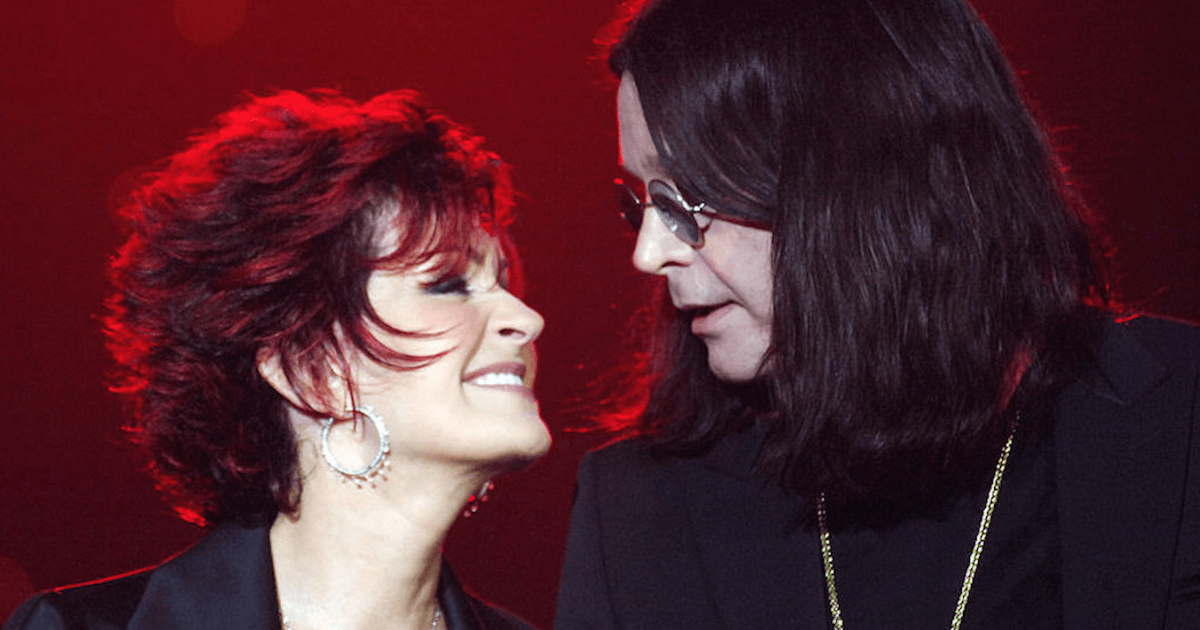Sharon's Support System
- Sharon shared a funny picture of her husband, Ozzy, asking if anyone needed a therapist, and complimented his listening skills.
- Sharon battled colon cancer in 2002 and treated it with surgery and chemotherapy.
- Having spousal support, or the support of loved ones, can make the cancer journey more manageable.
Sharon’s Colon Cancer
Sharon battled colon cancer in 2002 and treated it with surgery and chemotherapy. She’s been open and vocal about her cancer battle, helping to raise awareness around this disease.
Dr. Heather Yeo, a surgical oncologist and colorectal surgeon at New York Presbyterian Weill Cornell Medical Center, tells SurvivorNet what it’s like living with this disease. Dr. Yeo says, “One of the most exciting things about my job is that we’ve made a lot of progress on treatment options. However, patients are stillwhile they’re living longer, they are still living with colon cancer, and so I think it’s really important that we talk about how some of the things in your life affect you.”
“So talk a little bit about diet, talk a little bit about the environment, talk about what you can do to improve your length of life, and improve kind of how you interact with your disease.”
The way you view your disease makes a difference, too; having a positive attitude matters, says colorectal surgeon Dr. Zuri Murrell. He told SurvivorNet that his patients who have a good attitude tend to do better in treatment. Dr. Murrell says, “My patients who thrive, even with stage 4 cancer, from the time that they, about a month after they’re diagnosed, I kind of am pretty good at seeing who is going to be okay.”
Related: Colon Cancer: Overview
“Now doesn’t that mean I’m good at saying that the cancer won’t grow,” says Dr. Murrell. “But I’m pretty good at telling what kind of patient are going to still have this attitude and probably going to live the longest, even with bad, bad disease. And those are patients who, they have gratitude in life.
Spousal Support Through Cancer
Having a supportive partner as you undergo cancer treatment can be a huge help. The emotional support provided by a spouse, partner, or loved one can make the load less heavy to bear.
Actress and writer Jill Kargman, who is a melanoma survivor, told SurvivorNet how she believes cancer tests relationships. “I think cancer is a great way to find out if you’re with the love of your life or a shithead. I think it presses the fast forward button on getting to the bottom of that answer, because a lot of people in middle age are kind of at a crossroads, waiting for their kids to fly the coop.”
Kargman said, “And I think if you’re with someone who is not supportive and kind of emotionally checked out or doesn’t tell you you’re still beautiful with that, this might not be your person.”
Jill Kargman on Relationships and Cancer
Learn more about SurvivorNet's rigorous medical review process.

